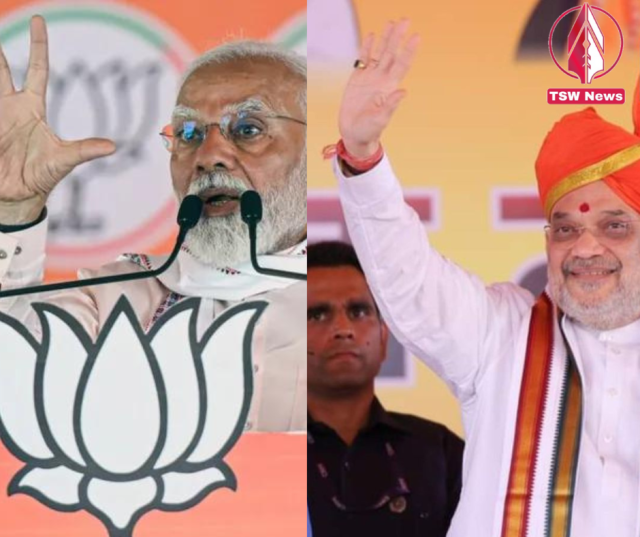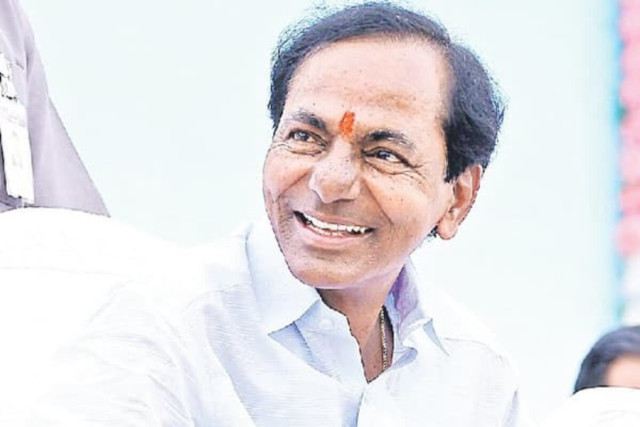BJP has opted out of the current elections in Kashmir on the basis of retaliations concern
- Posted on May 11, 2024
- News
- By Arijit Dutta
- 398 Views
The BJP decided not to contest elections in Muslim-majority Kashmir amid fears of backlash over its 2019 revocation of the region's semi-autonomous status, a move seen as avoiding a de-facto referendum on its unpopular policies there.

The Bharatiya Janata Party (BJP), the present ruling party of India, has opted against nominating any candidate in the ongoing general elections in the Kashmir valley, a Muslim-majority region, as per the experts who believe that the decision is caused by the fear of the government's voter backlash over the withdrawing of autonomy of the valley in 2019.
The BJP-led administration has been ruling over the state for over four years now. It is Article 370 which had been given to the state that was dissolved and it was provided with significant autonomy. Nevertheless, the BJP is now gradually being dislodged from the Himalayan region whose first parliamentary elections are being held since that controversial move.
BJP is contesting the Jammu region, the Hindu majority area but this time they did not file any candidates in the three parliamentary seats of Baramulla, Anantnag, and Srinagar which are in Kashmir. Earlier, the party had been contesting all the seats in state and national elections in Jammu and Kashmir.
The confusion about the choice is shared by the cadre of the party in Kashmir, who have been working since 2019 when Jammu & Kashmir was bifurcated into two union territories and Article 370 was repealed.
BJP officials claim that it is not aimed at reaping the election benefits but rather a project to "win the hearts" of Kashmiris through total integration of the region with India.
On the contrary, the opposition parties and political scientists from the region hold the view that the BJP`s statement is nothing but an indirect acknowledgment of the fact that its governance in Kashmir has not been tolerated by the majority of the people. They maintain that the party would not be subject to a de jure referendum if it would face a landslide defeat in the election.
"Omar Abdullah, the leader of the National Conference party and the previous chief minister, said: 'If the abrogation of Article 370 made people happy, the BJP wouldn't have been reluctant to fight. '"
The relations between Kashmir and the central authority have been shaky since the revocation of its autonomous status in 2019 and the region has been under heavy security restrictions for months now. The move was bitterly criticized by Kashmir's political elites and people alike.
BJP claims the abrogation of Article 370 as the biggest of the many steps brought in by them to bring development and peace to Kashmir. However, the opponents assert that it has contributed to the worsening of the region's feeling of alienation and the further promotion of hostility towards the federal government.
Also Read: Modi's Divisive Language in Indian Election Campaign Causes Doubts
With BJP’s decision, the regional parties like the National Conference, the People’s Democratic Party, and the newly-formed parties like the Apni can contest the elections without any interference from the national party in power.




